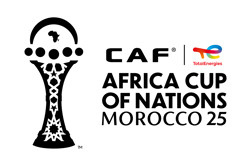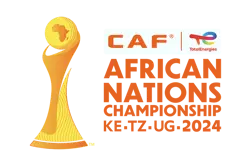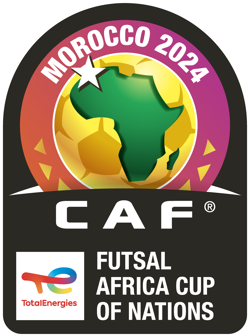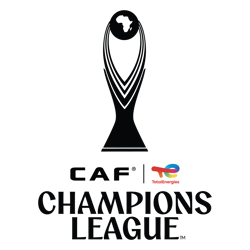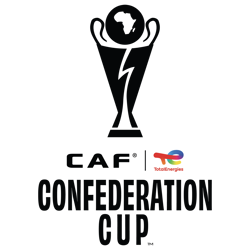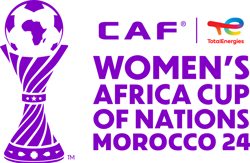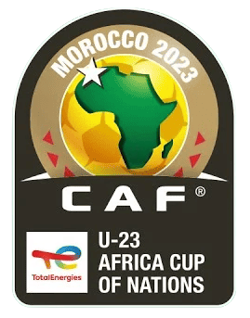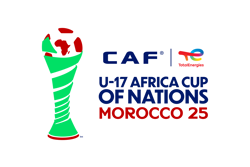
General presentation of the Club Licensing System:
The global objectives of the Club Licensing Procedure were defined by FIFA during its Congress which was held in Munich in 2006.
The FIFA Executive Committee adopted the FIFA Club Licensing Regulations on 29 October 2007 and it came into force on 1 January 2008.
The CAF Club Licensing Regulations were approved on 19 January 2012, and came into force effective 1 March 2012.
A period of introduction and soft implementation started immediately after the CAF Club Licensing regulations came into force and the Club Licensing Procedure entered into full implementation phase for the first time during the 2017 CAF Inter-clubs Competitions Season.
The implementation of the Club Licensing Procedure must be respected by all CAF Member Associations.
The objectives of the Club Licensing Procedure are:
Promoting and improving of the quality and the level of all football aspects in Africa;
- Ensuring that clubs have the appropriate infrastructure, knowledge and application in respect of management and organization;
- Adapting and improving the clubs sporting infrastructure;
- Improving the economic and financial capacity of the clubs, through proper corporate governance and control;
- Ensuring and guaranteeing the continuity of the international competitions of clubs during the season;
- Allowing the parallel development and comparison amongst clubs by ensuring the necessary compliance in terms of financial, sporting, legal, administrative and infrastructure criteria.
All clubs willing to participate in CAF Inter-clubs Competitions must be granted the license by the National Club Licensing Decision-making bodies prior to their engagement in the CAF Inter-clubs Competitions.
In order to receive the license, each club must fulfill all the mandatory minimum requirements set in the National Club Licensing Regulations (which must respect the minimum requirements set by CAF).
The requirements described in the CAF Club Licensing regulations are graded into three different categories:
a) “A” criteria – “MUST”: If the license applicant does not fulfill any “A” criteria requirement, it cannot be granted a license to enter the CAF inter-clubs competitions;
b) “B” criteria – “MUST”: If the license applicant does not fulfill any “B” criteria requirement, it may be subject to sanctions as specified by the licensor but may still qualify to receive a license to enter the CAF inter-clubs competitions;
c) “C” criteria – “BEST PRACTICE”: C criteria are best practice recommendations and the Non-fulfillment of any ‘C’ criteria may or may not lead to a sanction or the refusal of the necessary license.
The CAF Club Licensing requirements fall under the following aspects:
1. Sporting
2. Infrastructure
3. Administrative and personnel
4. Legal
5. Financial
Since its introduction in the African continent, CAF has organized over:
- 60 Club Licensing Workshops at the National Level;
- 2 Continental Club Licensing Seminars;
- 12 Regional Club Licensing Workshops;
- 2 Seminars for the CAF Club Licensing Instructors.
CAF selected a group of experts on the 5 Club Licensing Criteria and provided them with the necessary training in order to deliver Club Licensing workshops/seminars at the National, Regional and Continental level which accelerated and improved the process of explaining and clarifying the Club Licensing procedure to the different Football stakeholders in Africa.
